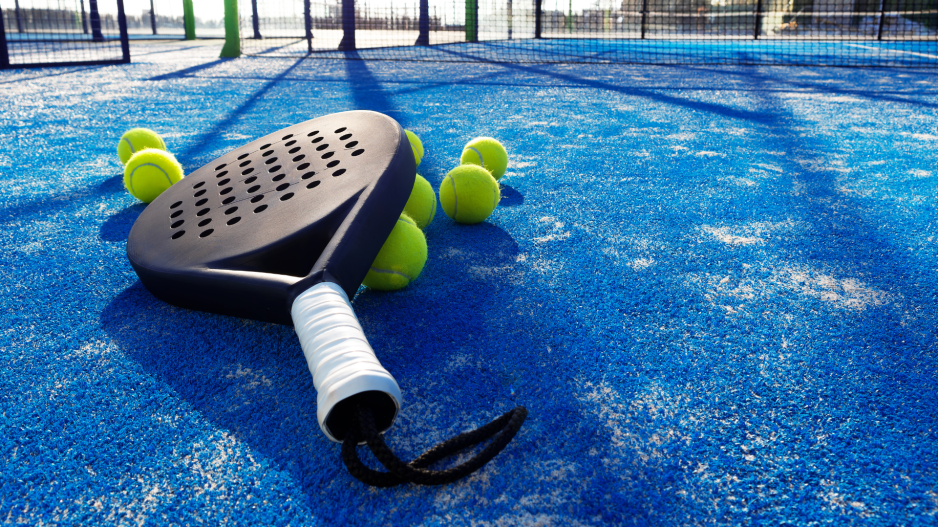Padel Tennis as a Social Sport
Building Connections On and Off the Court
One of the reasons Padel is such a social sport is its accessibility. The learning curve is relatively shallow compared to traditional tennis, meaning that beginners can start playing and enjoying the game quickly without a steep investment in coaching or training. This low barrier to entry makes it a perfect activity for social groups, corporate teams, and even families.
Padel’s appeal lies in the fact that it's easy to play but hard to master. For casual players, this allows them to quickly engage in friendly games, while more advanced players enjoy the challenge of refining their skills. In either case, the focus remains on interaction, communication, and shared enjoyment.
Because Padel is typically played in pairs, teamwork and communication are crucial. Unlike singles tennis, where individual performance dominates, Padel requires players to work in harmony with their partners to cover the smaller, enclosed court and strategize. This aspect of the game encourages collaboration, as success relies on how well teammates understand each other’s strengths and weaknesses.
Many players emphasize that Padel isn’t just about athletic skill but also about how well you communicate with your partner. You need to be in sync, anticipate each other’s moves, and adapt quickly to the changing dynamics of the game. This bond on the court often translates into stronger friendships off the court.
Another significant aspect of Padel’s social nature is its ability to create a sense of community. Padel clubs are sprouting up across Europe, Latin America, and other parts of the world, often organizing leagues, tournaments, and social events where players can meet, compete, and socialize. These clubs become vibrant social hubs where people from all walks of life connect over a shared passion for the sport.
For many players, the game is secondary to the relationships built through regular play. People join leagues not just for the competition but for the opportunity to meet new people and grow their social circles. Whether it’s a casual game after work or a more formal tournament setting, the interactions before, during, and after a Padel match create lasting connections.
The social benefits of Padel haven’t gone unnoticed in the corporate world. Many businesses are incorporating Padel into their team-building activities. The sport offers a unique way for employees to collaborate, bond, and develop camaraderie outside the traditional office environment. Corporate Padel tournaments are becoming increasingly popular, blending friendly competition with the opportunity to foster professional relationships in a more relaxed setting.
Similarly, networking events often include Padel matches, as the game’s informal and fun nature helps break down barriers and encourage meaningful interactions. In a business context, Padel provides an engaging, physical alternative to the typical corporate mixer, allowing participants to connect more naturally.
Nicosia
Nicosia Padel Club
Address: 200 Kyrenias Street, Aglantzia, Nicosia
Eleon Tennis Club
Location:
Spazio Health and Leisure Club
Address: Arch. Makariou III, Agious Trimithias, Nicosia
Larnaca
Padelergo
Address:
Limassol
Padel Magic
Location:
Paphos
Aphrodite Hills Tennis Academy
Address: Aphrodite Avenue 2, Kouklia, Paphos
Padel tennis is more than just a sport; it’s a way to build connections. Its unique combination of accessibility, teamwork, and community has made it a favorite for players worldwide who are looking to stay active while making meaningful social connections. Whether played casually among friends or in a competitive setting, Padel fosters relationships on the court that extend well into everyday life.






